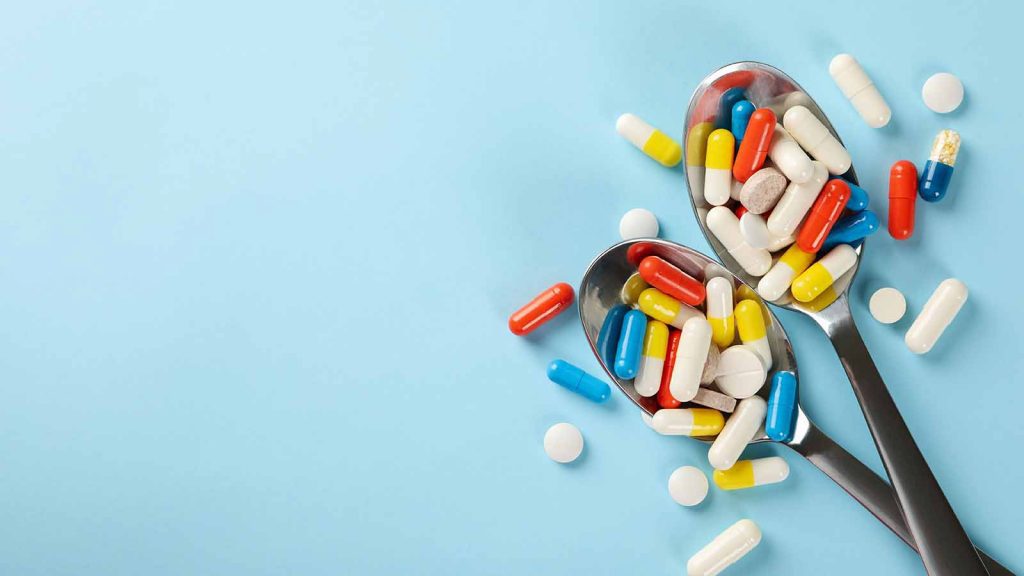Drugs That Should Not Interact With Gabapentin
What Is Gabapentin?
Gabapentin, an anticonvulsant and antiepileptic prescription medication, is used to treat epileptic seizures, pain from shingles, diabetes nerve pain, restless leg syndrome, and more. Doctors may prescribe this medication in the form of tablets, capsules, or oral solutions to adults and children over the age of three. Gabapentin is available in a generic version, as well as under a few brand names: Neurontin, Gralise, Horizant, and more. This medication works by influencing neurotransmitters and calming nerve activity to decrease pain sensitivity.

Common & Serious Gabapentin Side Effects
Side effects of gabapentin may vary depending on an individual’s age, weight, health conditions, and more – but there are some general side effects to be aware of. Gabapentin can cause both mild and serious side effects in children and adults, even if used according to prescription.
Common gabapentin side effects include drowsiness, incoordination, dizziness, weight gain, nausea, vomiting, hostility, irritability, fever, viral infection, jerky movements, trouble speaking and more. Some serious side effects, like changes in mood and behavior, are also possible. Children, specifically, are likely to experience anxiety and behavioral problems while using gabapentin.
What Drugs Should Not Be Taken With Gabapentin?
While gabapentin is sometimes used as part of combination therapy and may be paired with some over-the-counter medicines, there are other substances that this drug should not interact with. When sold illegally, gabapentin is sometimes cut with dangerous illicit substances like heroin. This combination can cause dangerous and potentially fatal side effects.
Gabapentin should not be mixed with any other illicit drugs, alcohol, or certain prescription medications like hydrocodone and morphine. If you’re considering taking an over-the-counter medication while on gabapentin, discuss it with your doctor before making a decision.
Gabapentin Risks and Warnings
If someone misuses gabapentin or takes it for an extended period of time, they are at risk for a variety of complications. Someone who takes too much gabapentin may experience:
- Overdose
- Dependence
- Withdrawal
- Allergic reactions
- Rashes or hives
- Trouble breathing
- Severe weakness
- Suicidal thoughts & behavior
To avoid these possibly deadly risks, individuals should only use gabapentin if it is prescribed to them and should always use their medication according to their prescribed dosage.
Using Gabapentin Safely
If you have a prescription for gabapentin, try to take the medication as consistently as you can. Do your best to take the medicine every day and at the same time each day. Gabapentin should be taken with water and can be taken with or without food. This medication should be used in combination with a healthy diet and consistent exercise routine. If you experience negative side effects of gabapentin, it may be time to talk to your doctor about considering alternative options. Do not decrease your dosage or suddenly stop taking gabapentin without consulting a doctor.
Do you have any questions about gabapentin and its interactions? Our team of substance abuse treatment representatives is always available to discuss prescription medications and their potential for addiction or other complications. Give us a call at 267.719.8689.





